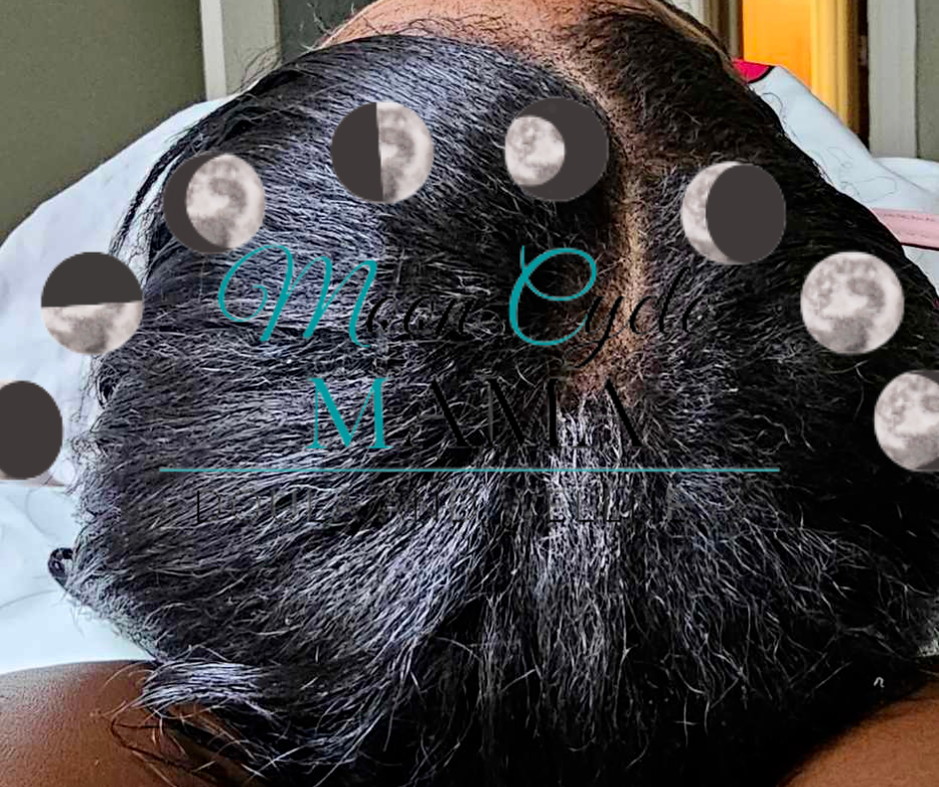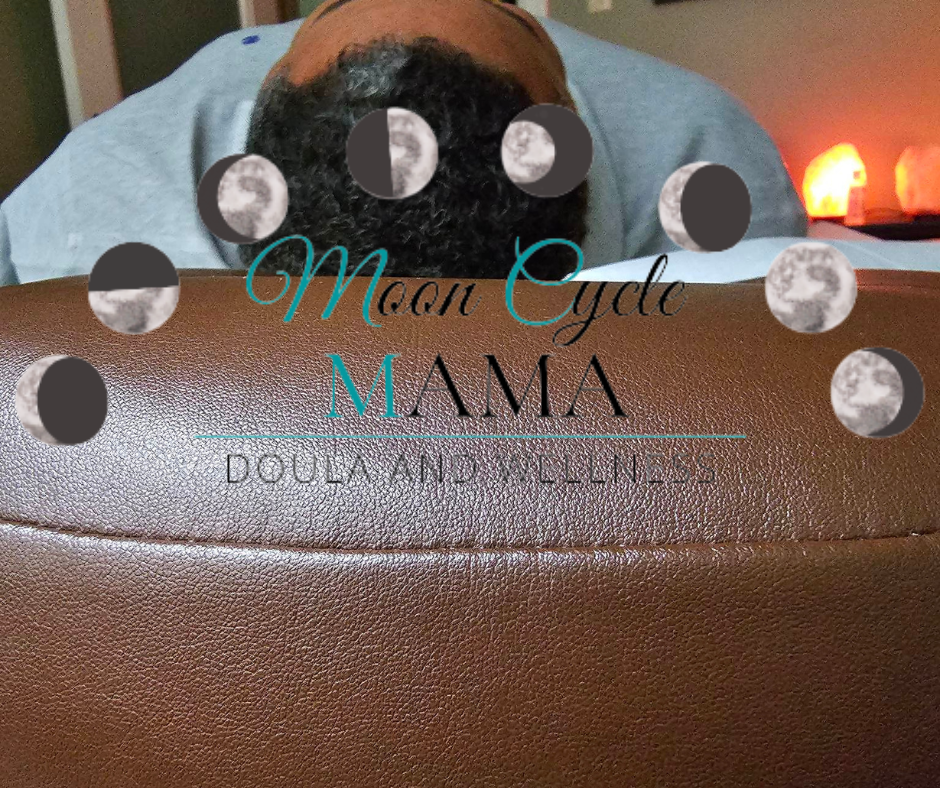 Navigating Adolescence with Balance Adolescence is a time of profound change, both physically and emotionally. Peer pressure, academic demands, and social expectations can contribute to stress and anxiety. Reiki, a Japanese energy healing technique, offers adolescents a unique opportunity to find balance amidst this chaos. By gently channeling energy through touch, Reiki helps release emotional blockages, promoting relaxation, and reducing feelings of tension and unease. Enhancing Emotional Resilience Back-to-school transitions often come with heightened emotional stress. Reiki can provide adolescents with the tools they need to enhance their emotional resilience. Through regular sessions, teens can develop greater self-awareness and coping mechanisms, empowering them to face challenges with a calm and centered mindset. This newfound emotional strength can make the back-to-school experience more manageable and less overwhelming. Boosting Focus and Concentration Academic success is a priority for every parent and adolescent. Reiki's potential to boost focus and concentration can significantly contribute to a student's performance. By promoting a state of relaxation, Reiki helps clear the mind of clutter, allowing adolescents to absorb information more effectively and retain knowledge better. This can lead to improved study habits and a more successful academic journey. Fostering Self-Confidence Self-confidence is essential during the adolescent years, as it lays the foundation for healthy self-esteem in adulthood. Reiki nurtures self-confidence by encouraging a positive relationship with oneself. Through the energy healing process, adolescents can develop a greater sense of self-acceptance and self-love, which translates to improved self-esteem and the ability to navigate social interactions with poise. Empower Your Adolescent with Reiki As you prepare your child for the upcoming school year, consider introducing them to the transformative world of Reiki. Schedule a session with a certified Reiki practitioner to provide your adolescent with the tools they need to thrive emotionally, mentally, and academically. By investing in their well-being now, you're equipping them with a powerful toolkit that will serve them well throughout their educational journey and beyond. Empower your adolescent with Reiki today, and watch them embark on the new school year with confidence, resilience, and a renewed sense of balance. #ReikiForTeens #EmpowerThroughReiki #BackToSchoolWellness
0 Comments
8/2/2023 0 Comments Fussy Baby? We Got You!Soothing a crying baby can be a challenge, but there are several methods you can try to comfort and calm them. Keep in mind that each baby is unique, and what works for one may not work for another.
Here are some tips to help you STOP your baby from crying: Check for Basic Needs: Ensure your baby's basic needs are met. Check if they are hungry, need a diaper change, or are uncomfortable due to clothing or temperature. Hold and Cuddle: Hold your baby close and provide gentle cuddles. The feeling of warmth and security can be reassuring. Swaddle: Swaddling can mimic the feeling of being in the womb, providing comfort and helping babies feel secure. Rock or Sway: Gently rock or sway your baby in your arms or a rocking chair. The motion can be soothing. White Noise or Shushing: Use white noise machines, a hairdryer, or shushing sounds to create a calming environment. Offer a Pacifier: A pacifier can provide comfort and help soothe a fussy baby. Change of Environment: Sometimes a change of scenery can distract and calm a crying baby. Take them for a short walk outside or move to a different room. Massage: Gently massaging your baby's back, legs, or tummy can be relaxing for them. Provide a Warm Bath: A warm bath can help relax and comfort a fussy baby. Use a Baby Swing or Bouncer: Some babies find the gentle movement of a swing or bouncer soothing. Check for Illness or Discomfort: If your baby's crying is persistent or unusual, check for signs of illness or discomfort, such as fever or redness. Involve Other Caregivers: Sometimes a change in caregiver can help calm a crying baby. Stay Calm and Patient: Babies can sense their caregiver's emotions. Stay calm and patient, as your own stress can affect your baby's mood. Remember that babies cry as a way of communicating, and it is a normal part of their development. It's essential to be patient and responsive to their needs. If you are unsure why your baby is crying or if their crying is persistent, consult with a pediatrician to rule out any underlying issues. 6/15/2023 0 Comments Dads Are Important Too!Happy Fathers Day Fellas!
Enjoy this Self-Care Guide for Men. Many men are missing out on the boom in self-care. Vanilla scented candles may sound a little too feminine. However, wellness is a basic need for any gender. Unfortunately, men face some extra barriers: ● Magazine articles and television ads tend to target women, and the products and ideas may not appeal to men. ● There are still social pressures on men to focus more on their career than their personal lives. ● Even if they think about their bodies, they may be more used to controlling them than listening to them. While there are challenges to overcome, self-care is just as important for men as for women. Try these suggestions for nurturing your body and mind. Men’s Self-Care for Physical Health: 1. Exercise regularly. Men tend to be more physically active than women, so keep it up. If you usually lift weights and play sports, remember to make stretching a regular part of your workouts too. 2. Eat a balanced diet. Focus on whole foods instead of ultra-processed products. Consume at least 3 cups of vegetables and 2 cups of fruit each day. 3. Sleep well. Heart and lung issues that interrupt sleep are more common in men. Make it easier to get your 8 hours by maintaining a consistent bedtime and blocking out background noise with a fan or white noise machine. 4. Drink in moderation. The CDC reports that men are almost twice as likely to binge drink compared to women. Limit yourself to 2 drinks or less a day and take days off from alcohol. 5. Avoid smoking. Giving up tobacco is one of the most important things you can do for your health. That includes smokeless varieties of tobacco as well. If you’ve tried before, try again. Most adults need more than one attempt to quit. 6. Practice skin care. You may want to take a second look at face masks. Your skin is an organ that needs attention. Wear sunscreen and shave your face after showering when it's warm and moist. 7. See your doctor. Average life expectancy for men is five years less than women. The causes are complex, but you can increase your odds by getting routine screenings and following your doctor’s recommendations. Men’s Self-Care for Mental Health:
There's more to self-care than bubble baths, and many men are catching on. Almost 60% of men said they’re participating in more self-care practices over the past 5 years, according to a survey by Miraval Resorts. Your lifestyle plays a major role in your wellbeing, so join the self-care revolution. You’ll be glad you did! 6/5/2023 0 Comments Can You Spot The Difference?I am sure you read the title, now can you? In Illinois, there are more people hospitalized for poisonings than injuries from firearms and motor vehicle collisions combined. Common household cleaners can look like tasty, refreshing drinks to toddlers. Store cleaners in original containers (so adults don't get confused too), high out of reach and out of sight of small children. Check out the Youtube video and let me know if you can spot the difference! #poison #poisoning #safehome #homesafety 5/13/2023 0 Comments Personal Reflection Exercises..I accept the changes in my body from carrying a baby. My body is an amazing instrument. I am humbled by my body's natural ability to carry a child and I am proud of myself for going through the process. The image I see in the mirror today is very different from the person I was a few months ago. When I look at myself, I see a work in progress. I reject the voices of self-criticism that try to speak to me. I embrace the place where I am. Every woman carries differently and has a different journey to her new body because we are all different. I am unique. My body is unique. My journey is unique. I am taking care of my body by making healthy choices and concerning myself with my safety before my looks. I refrain from looking at other women and comparing my body to theirs. Instead of focusing on my body, I focus on the blessing that I gained from this experience. My new miracle is worth the changes in my body. When I look to the future, I am hopeful. I accept that it takes time for my body to adjust after carrying a baby. I also accept that my body is going to be different than it was before my pregnancy. The people who love me do so regardless of what my body looks like. There are women in my life who understand what I am going through and how I am feeling. I reach out to those women because I can trust them to give me heartfelt advice. Today, I accept my body just the way it is. I eliminate worry from my mind by focusing on the thing that matters most: my new family. Self-Reflection Questions: 1. Am I making healthy choices with my body? 2. How can I be more patient toward myself? 3. Who can I reach out to for support
|
AuthorKerri Honeywood is a Certified Doula/ Certified Lactation Specialist/ Holistic Healer/ Certified Reiki Master/ that works with Postpartum mothers and others that can benefit from holistic healing & support. She is the mother of five she understands the joys and challenges of motherhood and life in general. Archives
April 2024
Categories |
Search by typing & pressing enter


 RSS Feed
RSS Feed